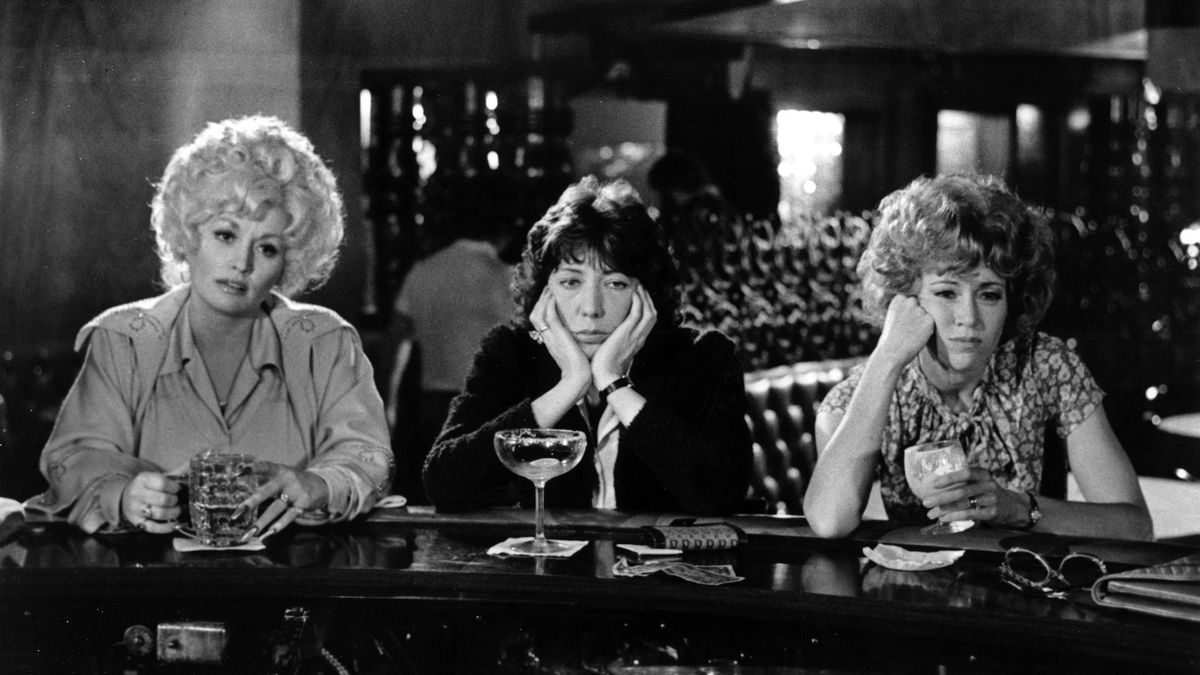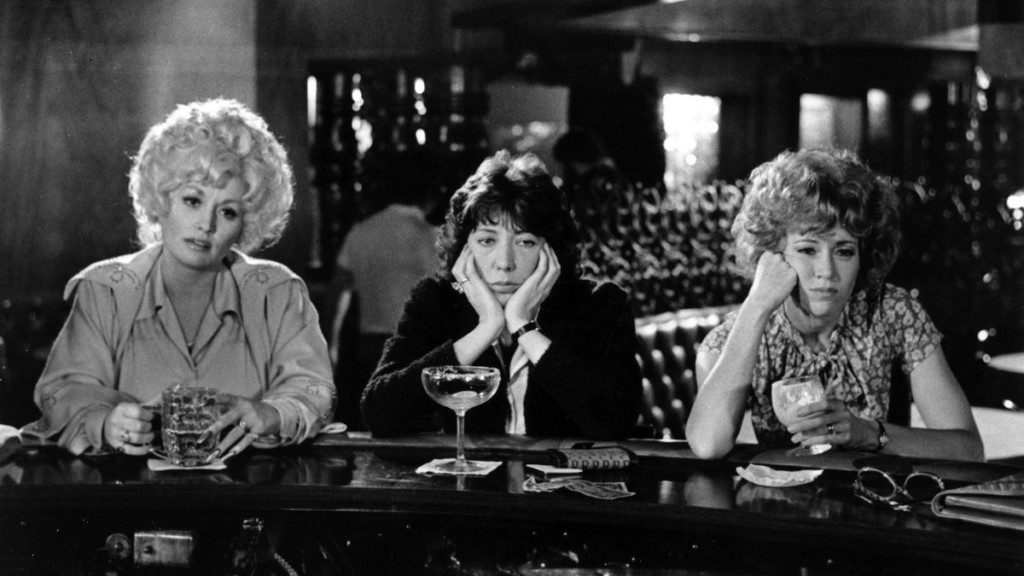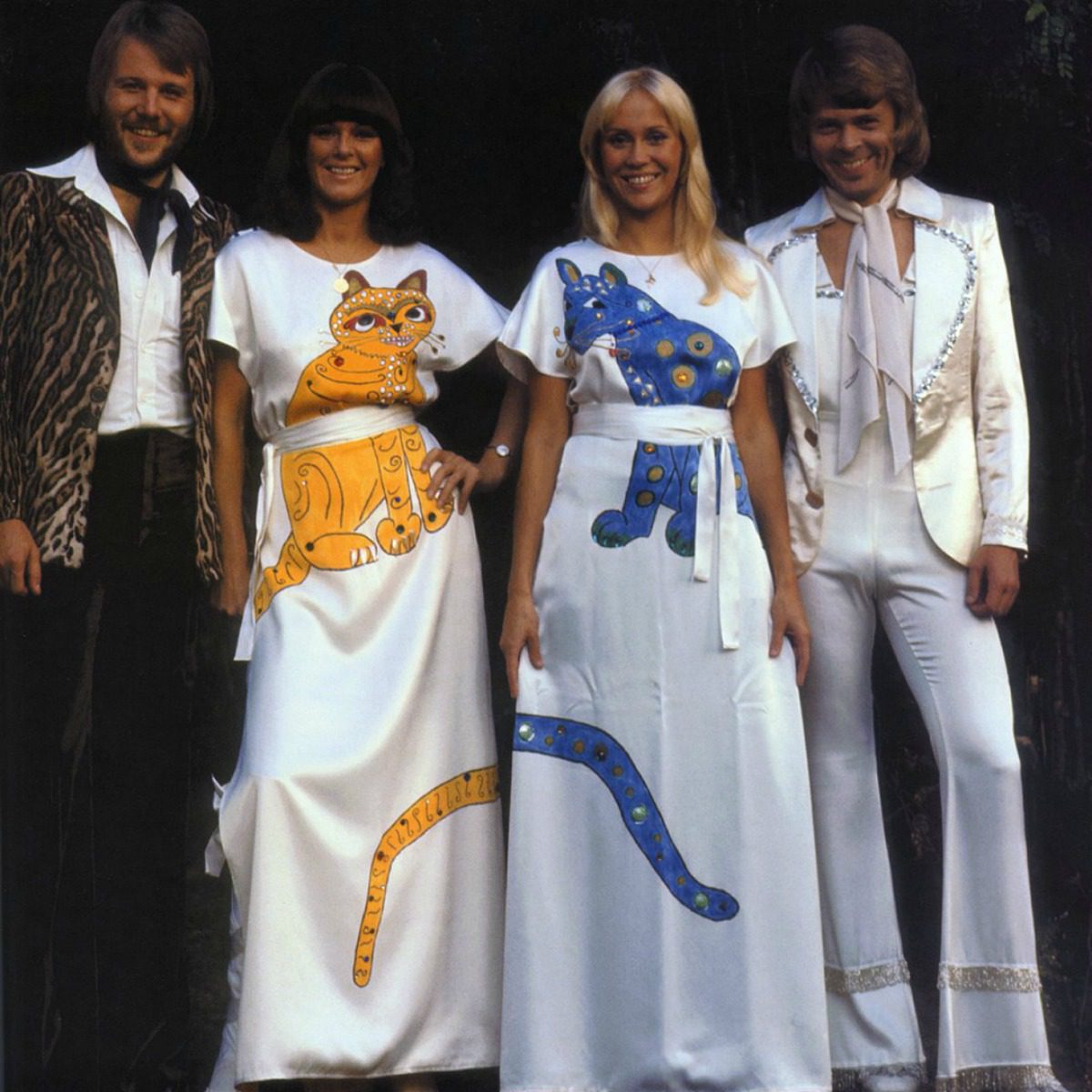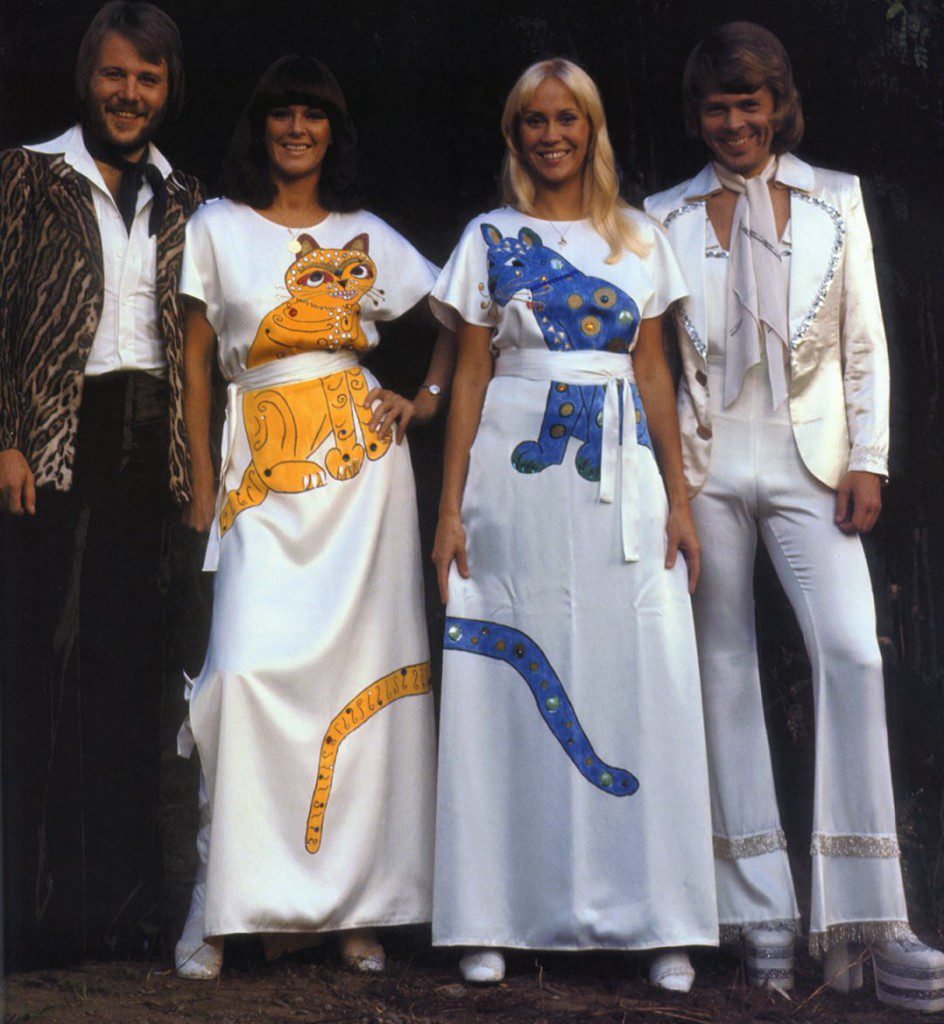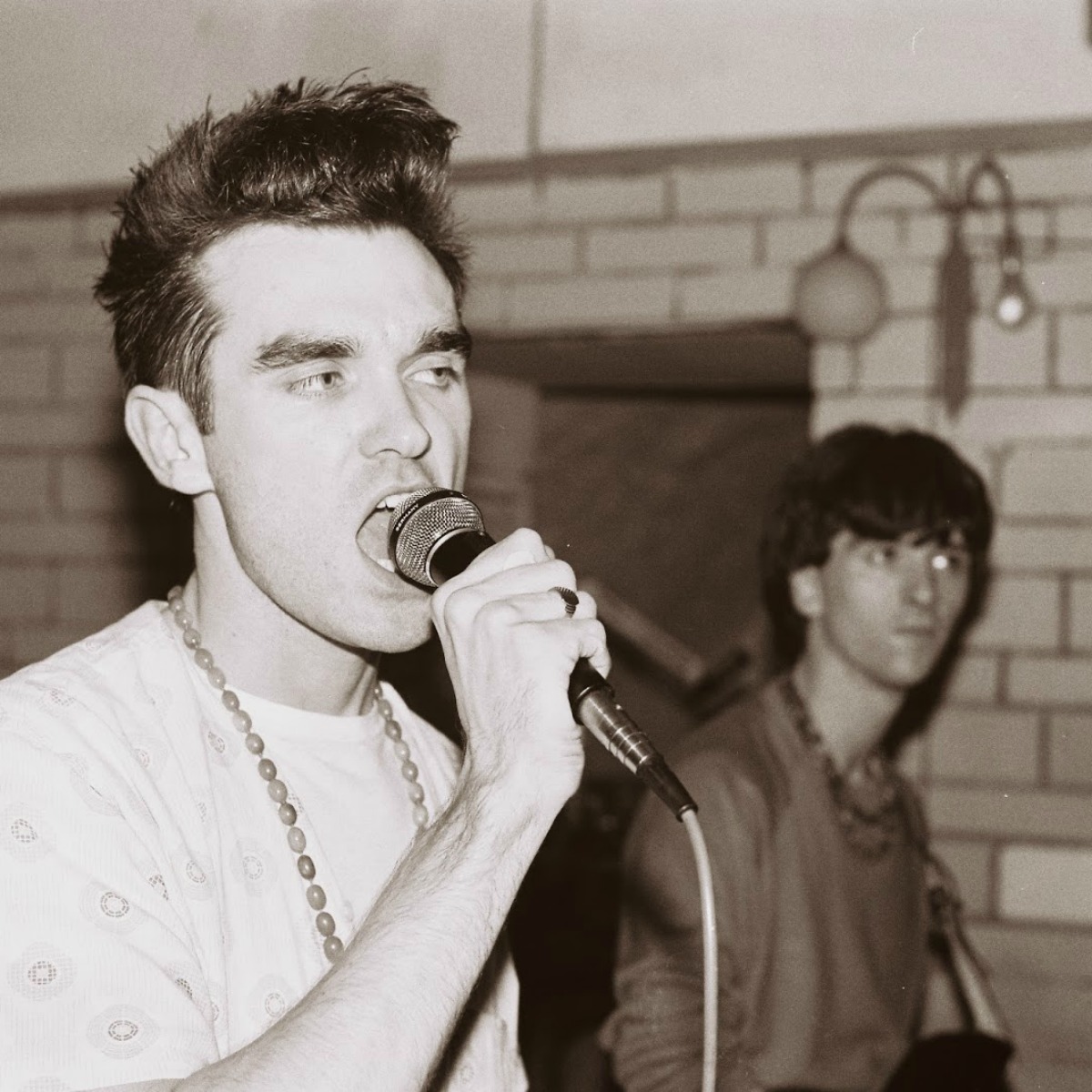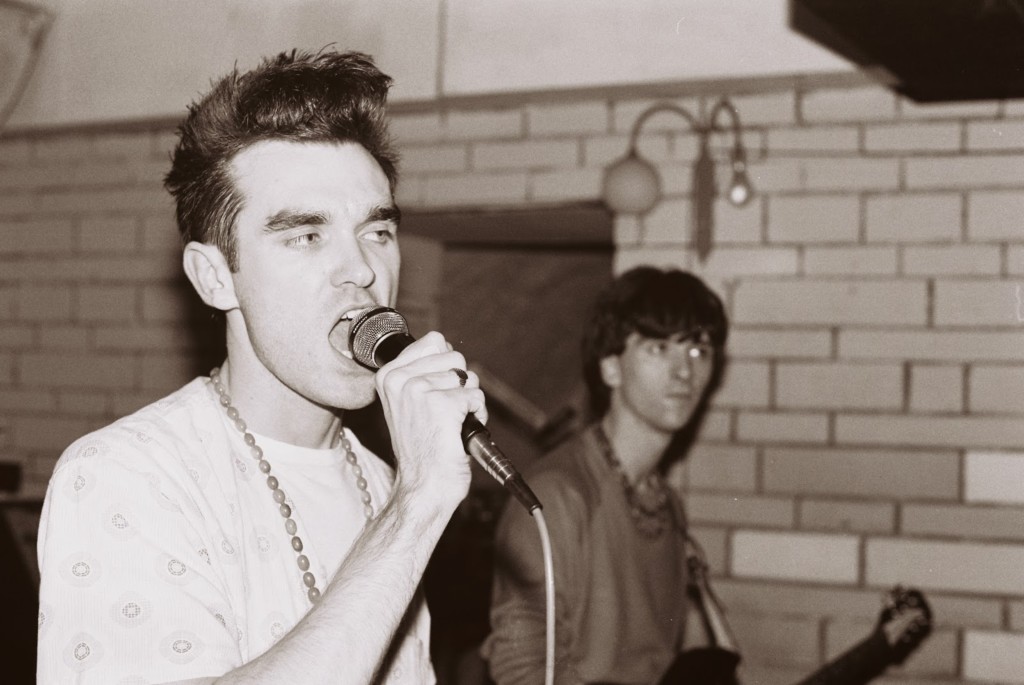

ONLY NOISE explores music fandom with poignant personal essays that examine the ways we’re shaped by our chosen soundtrack. This week, Erin Lyndal Martin shares a selection of songs that bring back the rush of a schoolgirl crush.
No matter how old you get, there’s something that stays dreamy about teenaged crushes. I call these my schoolgirl crushes, remembering the flush of excitement every time my crush asked to borrow a pencil. As we get older, schoolgirl crushes seem so much more innocent. We never worried about the bad things our crushes had done or why they’d been divorced twice or if their time management skills were lacking. We just wanted to lie on our beds and listen to songs that reminded us of their dimples.
These songs go back to those dreamy crushes. They all have an element of escape to them — slipping away from parents, from responsibility, from a place that holds you back, from anything that isn’t basking in your lover’s presence.
“The Ghost In You” by The Psychedelic Furs (Mirror Moves)
Formed in 1977, the Psychedelic Furs have explored a number of rock genres, including post-punk and New Wave.
“Ghost In You” could well be the theme song of this whole collection. “Inside you the time moves/She don’t fade,” Richard Butler sings, his thick British accent making the song all the more charming. And he’s right. When I remember my high school crush, the boy with the beautiful dimples, I remember him not as a teenager but as a man, the two of us always on the brink of a great romance.
“ocean eyes” by Billie Eilish (don’t smile at me)
Billie Eilish is a 17 year-old singer/model/dancer from Los Angeles.
The power in this song is its slow, sensual flow. Listening to it brings back how mind-blowing it was when making out was new, when every breath on your neck made you tremble on the brink of a new world. Eilish’s soprano mimics the intoxication of touching someone for the first time.
“Anthems For A Seventeen Year-Old Girl” by Broken Social Scene (You Forgot It In People)
Broken Social Scene is a Canadian musical collective comprised of members of other bands, mostly based in Toronto.
This song balances innocence and obsession in a perfectly winsome way. Emily Haines’s vocals are breathless, smeared slightly with distortion, and stay quiet even as the song intensifies. Every lyric in the song is repeated several times, building up to a single line (“Park that car, drop that phone, sleep on the floor, dream about me”) being repeated 13 times. Meanwhile, the instrumentation builds from sparse banjo strummed to an ecstatic violin and percussion. While the song is more about nostalgia than love, its giddy take on fixation speaks to the 17 year-old girl in all of us.
“I Know Places” by Lykke Li (Wounded Rhymes)
Lykke Li is a Swedish singer, songwriter, and model who blends folk and electropop.
This is a song for the schoolgirl crushes I feel as an adult. For the rush of first getting intimate with someone and wanting only to be together, to ignore the world. “The high won’t fade here, babe,” she promises. Ambiguity is part of why the song is so captivating. Maybe they’re seeking literal places to escape, or maybe getting intoxicated on one another in bed, or off in a forest or on a beach.
“Thunder Road” by Bruce Springsteen (Born to Run)
Bruce Springsteen is a legendary singer-songwriter from New Jersey known for writing about working class struggles.
“Thunder Road” has to be a contender for one of the best songs ever written, and it’s all in the incredible imagery, the swell of the music, and even in the way Springsteen mumbles divine lyrics. However old you are, whatever your situation was growing up, he brings to life the glory of a brief escape from town where Mary’s past lovers haunt her from “the skeleton frames of burnt-out Chevrolets,” her graduation gown long tossed to these boys. The narrator sings about putting out to win from a town full of losers, and you get the sense there’s really no hope of it, but in the moment, you believe in that love, and any young love that’s made it seem possible to escape the limitations of your current life.
“XO” by Beyoncé (Beyoncé)
Beyoncé Knowles is one of the most acclaimed singers and performers of the day, and was ranked most powerful female in entertainment by Forbes in 2015 and 2017.
“XO” manages to be both intimate and urgent, full of both love and lust. The song takes place in a crowded room where the lights will be turned out soon. The driving beat reinforces the urgency of finding each other in the impending darkness, but the soaring chorus and backing vocals create atmosphere. The lights going out take on different meanings, mostly with Beyoncé begging “baby love me lights out.” The immediacy of the song brings back the thirsty makeout sessions of adolescence, all the more urgent because a curfew was usually involved.
“There Is a Light That Never Goes Out” by The Smiths (The Queen is Dead)
The Smiths are a Britpop band known for melodramatic but highly melodic songs.
For me, and for many of my friends, this song inspires the same feeling in us now as when we were 16 and first listening to it. The synthesizers swirl like ribbons, and lead singer Morrissey pouts in his falsetto, and it’s so triumphant. Like “Thunder Road,” this song celebrates an escape from real life (“Take me out tonight/I need to see people and I need to see light”) and the magic of finding escape velocity with a lover. So much magic that it becomes romantic to think about dying in a crash with a ten-ton truck. That’s some seriously potent escapism.
“All Through the Night” by Cyndi Lauper (She’s So Unusual)
Cyndi Lauper is best known as a pop singer who rose to fame in the 1980’s.
Originally a folksy song by Jules Shear, Cyndi Lauper’s twinkly synthesizer and sweetly pouting voice made it her own song. She includes details from the real world, like stray cats crying, but the real world is irrelevant. “We have no past/We won’t reach back,” she sings in the chorus as the music swells. “Keep with me forward all through the night,” she sings, another way of saying “We’re in this together. It’s only us now.”

